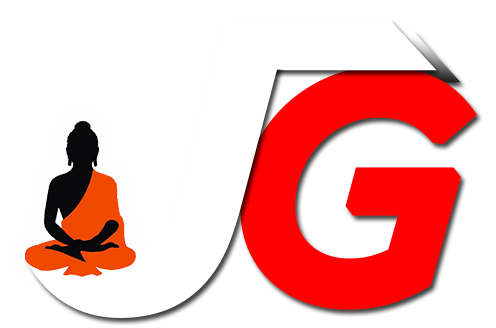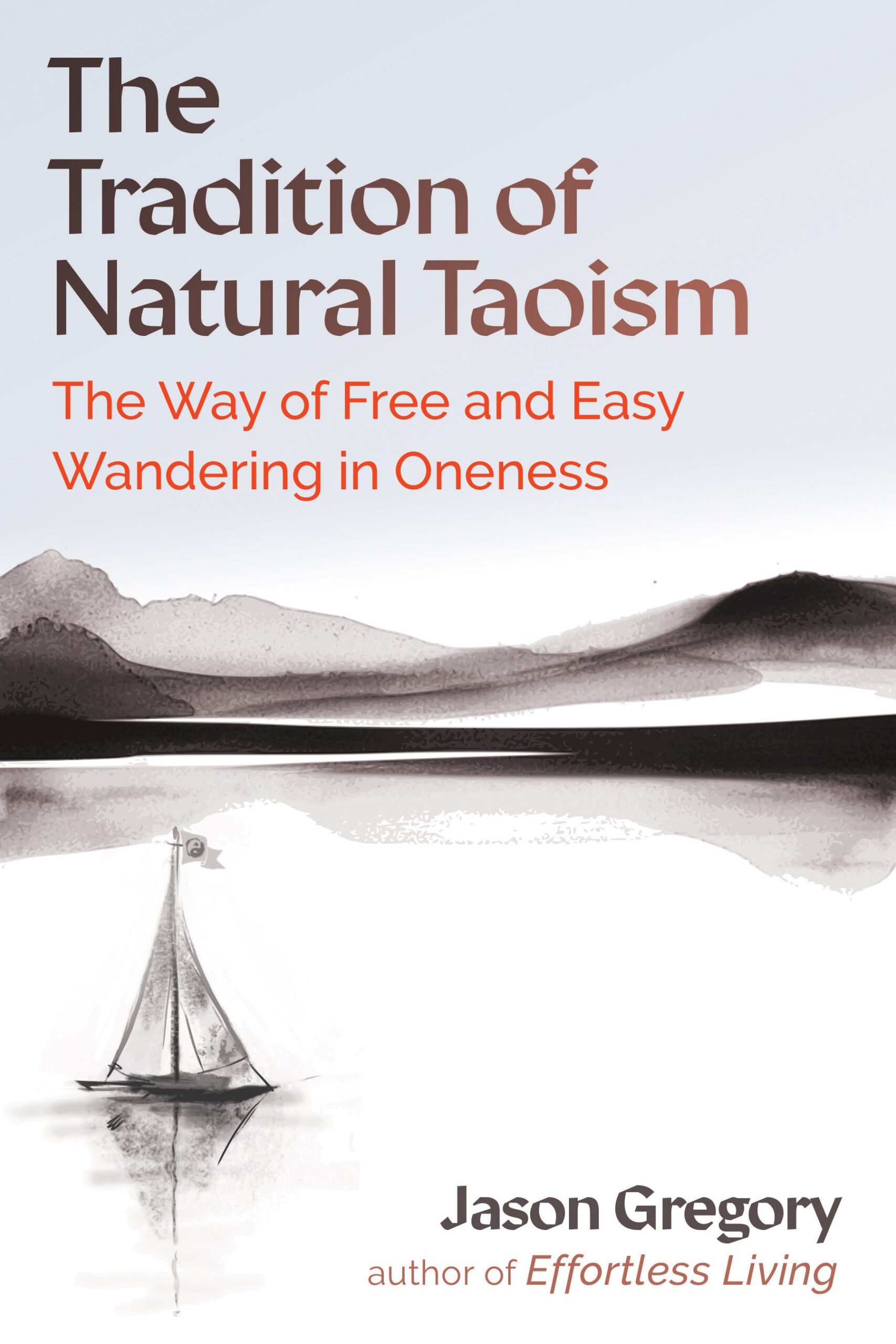Taoism vs Christianity – Why Religious Conversion is Against Nature
In this podcast, we will explain the differences between the Taoist path of non-interference and the path of interference through religious conversion within Christianity. The path of conversion is a doctrinal privilege within some religions based on demographic swamping, which is diametrically opposed to the non-expansionist views of Hinduism, Buddhism, and Taoism. This doctrinal privilege has caused a lot of bloodshed for thousands of years and, as a result, continually undermines and belittles other cultures and spiritual traditions. While, on the other hand, the Eastern traditions have followed the path of non-force and don’t have any doctrinal privilege based on demographic swamping. The Eastern traditions are based on nature, peace, and ultimate liberation from the illusion of a separate self, which requires us to understand that the way of the Tao (or in finding God for a Christian) is discovered in following the path of least resistance and not forcing a cultural viewpoint upon others. But the problem we have continually encountered in the world is when will such outdated views of conversion actually listen to other cultures and spiritual traditions, without projecting their own dogmatic beliefs upon them based on their outdated doctrinal privilege. Can we listen to each other without the veils of conditioning to allow the world to be as it should be, without any interference? NOTE: This site directs people to Amazon and is an Amazon Associate member. As an Amazon Associate I earn from qualifying purchases, at no additional cost to you. The pages on this website may contain affiliate links, which means I may receive a commission if you click a link and purchase something that I have recommended. This goes a tiny way towards defraying the costs of maintaining this site.
The Secret Power of the Spiritual Masters
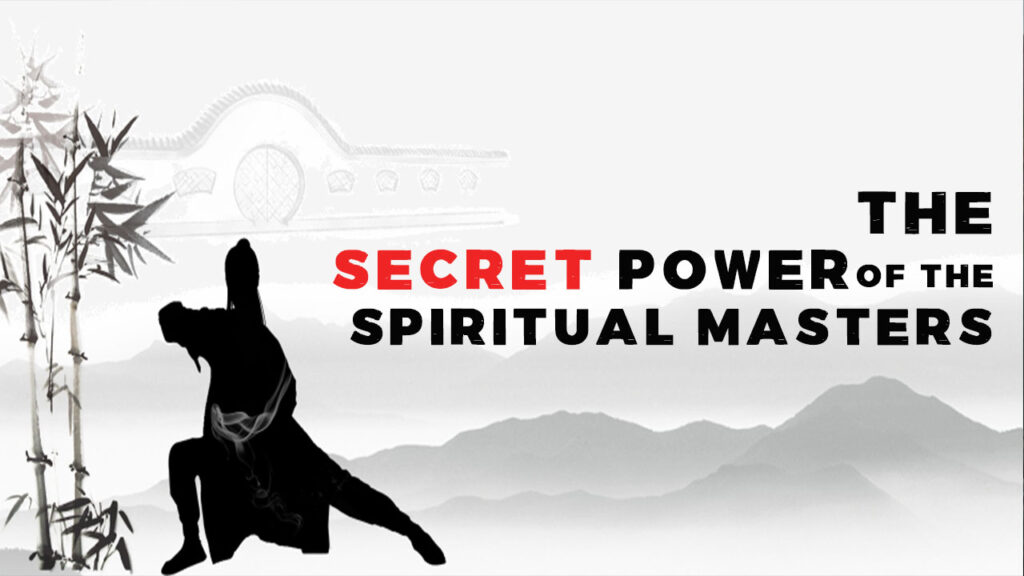
In this episode of Enlightenment Today, I will explain how a spiritual master can enlighten you with just one look. In the East there is the knowledge of Darshan, a practice of transmission from Guru to disciple, which bestows blessings and merit upon an individual. This auspicious sight of the spiritual master is believed to have the power to enlighten anyone with just a simple gaze. How is it possible to embody such power? And how does this process of Darshan actually happen? Find out! NOTE: This site directs people to Amazon and is an Amazon Associate member. As an Amazon Associate I earn from qualifying purchases, at no additional cost to you. The pages on this website may contain affiliate links, which means I may receive a commission if you click a link and purchase something that I have recommended. This goes a tiny way towards defraying the costs of maintaining this site.
Tao Te Ching Chapter 5 Explained: Be Like Water
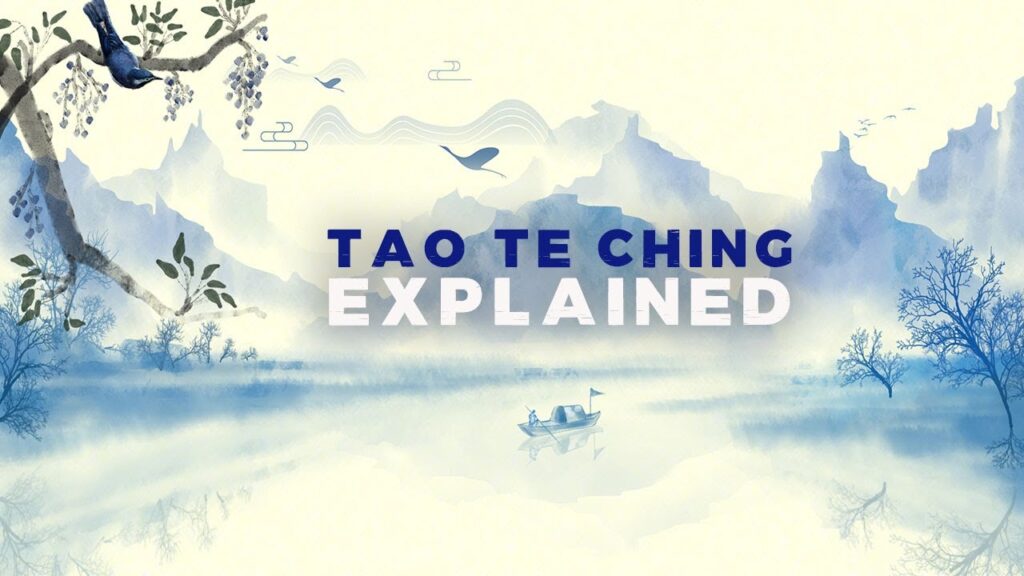
In this podcast, we will dissect chapter five of the Tao Te Ching to give you ultimate clarity on the meaning of the chapter. This is the fifth episode of the 81 Meditations of the Tao Te Ching, a series where we will explore each chapter of the Tao Te Ching. In chapter five, Lao-tzu explains how both nature and a sage view reality impartially. The second part of this chapter dives deep into the concept that the within empty space is the power of Tao. The more we access it, the more we produce. Also, the last part of the chapter refers to the excessive use of words and a return to the center. But what does it mean by “words”? Some new age translations make Westerners believe that it is referring to how it is impossible to speak about the Tao, which is a false understanding and the result of bad translations. The translation of words in this chapter has a dual use and is important for understanding what it means to return to the center. NOTE: This site directs people to Amazon and is an Amazon Associate member. As an Amazon Associate I earn from qualifying purchases, at no additional cost to you. The pages on this website may contain affiliate links, which means I may receive a commission if you click a link and purchase something that I have recommended. This goes a tiny way towards defraying the costs of maintaining this site.
Taoism’s Aimlessness vs Western Purpose
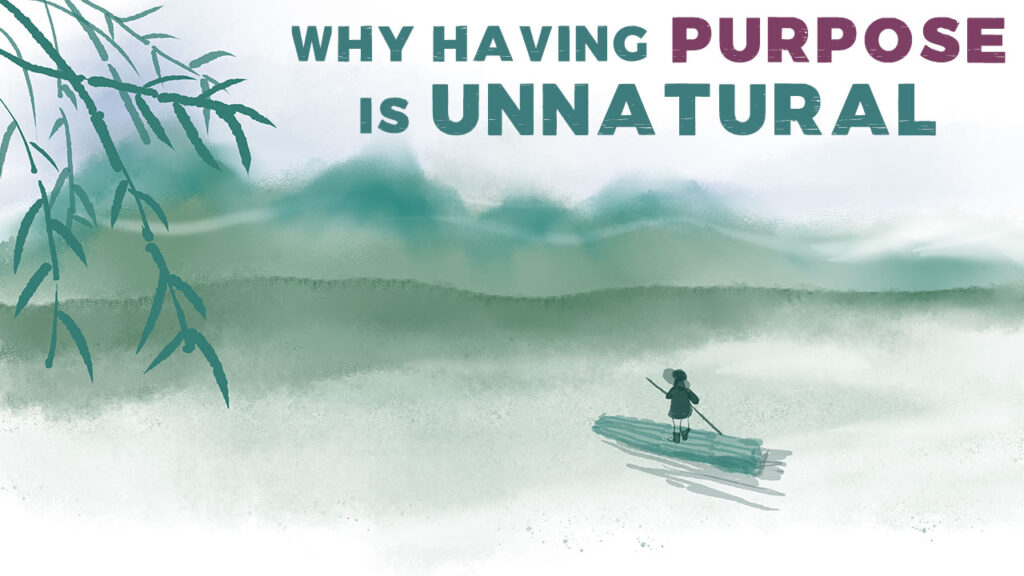
In the West there is an emphasis on purpose and the need for purpose to fulfill our so-called empty lives. But this perspective is diametrically opposed to the essential teaching of wu-wei in Taoism. In the Tao Te Ching and the Zhuangzi there is a focus on aimlessness as a method for creating healthy and sane individuals. Purpose, on the other hand, is thought of as a blind alley that can lead to all sorts of psychological problems from the Taoist perspective. In this episode of Ask Jason, I will answer a few questions about whether or not purpose can fit into the art of wu-wei (effortless living/non-doing/non-interference) and whether or not we should have a goal or goals in life and on the spiritual path. NOTE: This site directs people to Amazon and is an Amazon Associate member. As an Amazon Associate I earn from qualifying purchases, at no additional cost to you. The pages on this website may contain affiliate links, which means I may receive a commission if you click a link and purchase something that I have recommended. This goes a tiny way towards defraying the costs of maintaining this site.
TAOISM | Zhaungzi Exposes Social Conformity and Identity as Obstacles to Immortality
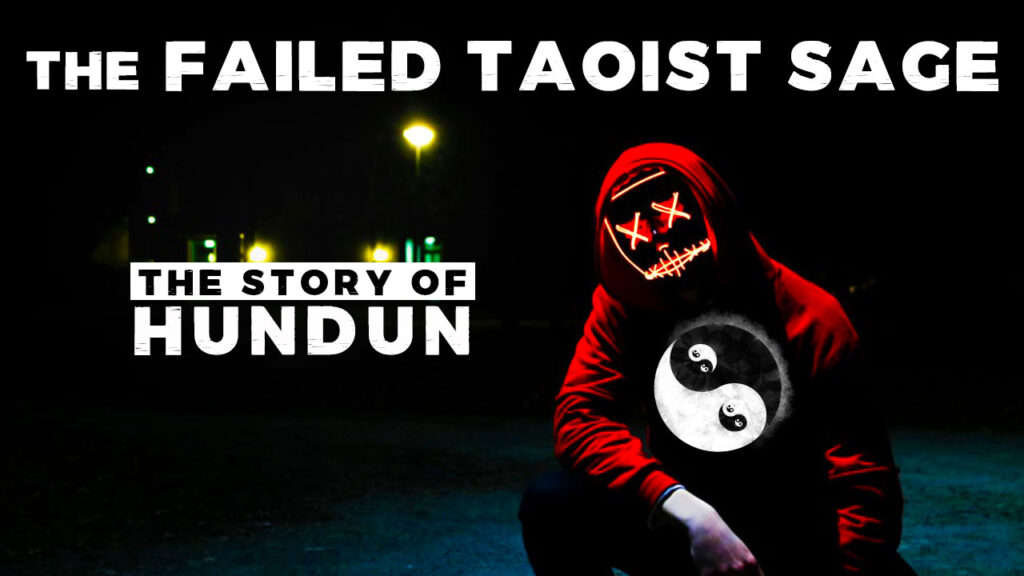
In this podcast, we will explain the story of Hundun in the Zhuangzi, the famous Taoist text. This story concludes the inner chapters of the Zhuangzi and is one of the most revealing stories about what it means to be following the essential Taoist teaching of wu-wei (non-doing/effortless action/noninterference). The story of Hundun can be read in three ways, exposing social conformity and identity as obstacles to living wu-wei on our path to immortality. NOTE: This site directs people to Amazon and is an Amazon Associate member. As an Amazon Associate I earn from qualifying purchases, at no additional cost to you. The pages on this website may contain affiliate links, which means I may receive a commission if you click a link and purchase something that I have recommended. This goes a tiny way towards defraying the costs of maintaining this site.
21 Days Without Internet | My Radical Transformation
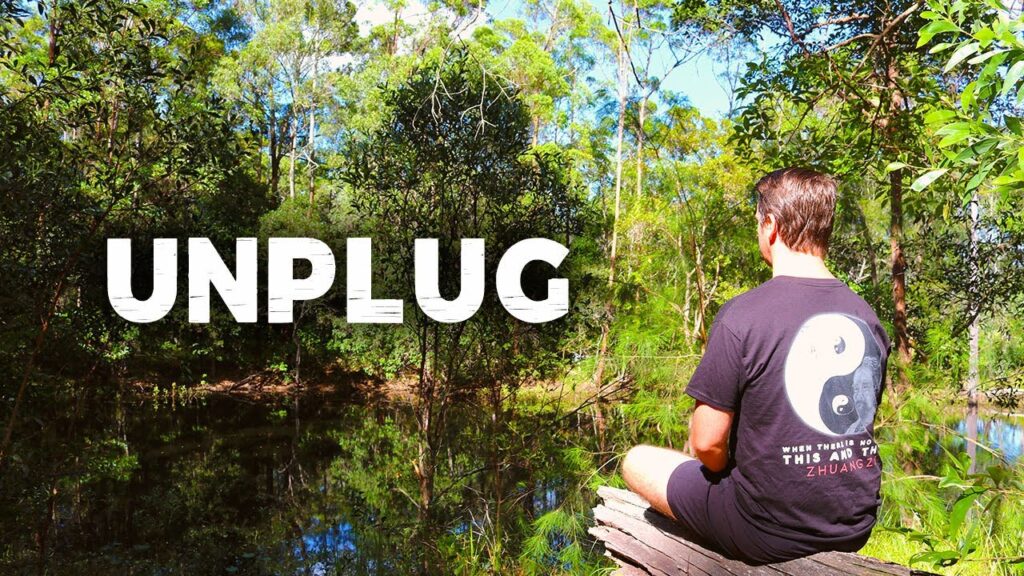
On February 11, I decided to temporarily pause my life and I went on a 21 day internet fast. That’s right, 21 days with no internet, a return to a life I once lived before the internet. In this video, I will take you through the whole process and what essentially happened to me when I stopped engaging with the online world. NOTE: This site directs people to Amazon and is an Amazon Associate member. As an Amazon Associate I earn from qualifying purchases, at no additional cost to you. The pages on this website may contain affiliate links, which means I may receive a commission if you click a link and purchase something that I have recommended. This goes a tiny way towards defraying the costs of maintaining this site.
KALI YUGA | When it Began and How it will End

In this podcast, we will explain when the Kali Yuga began and when it will end. The first evidence of the Yugas is found in the ancient Hindu scriptures of the Puranas, written by the great sage Vyasa. The Puranas contain a vast body of knowledge, including the time cycles of the universe known as the Yugas. In the modern day, a lot of people are eager to establish their own version of the Yugas and their own opinion of what Yuga we are currently in. But we will explore the actual knowledge in the Puranas that majority of Hindus follow and is the original system of the Yugas. Are we in the Kali Yuga? If so, when will it end? Find out! NOTE: This site directs people to Amazon and is an Amazon Associate member. As an Amazon Associate I earn from qualifying purchases, at no additional cost to you. The pages on this website may contain affiliate links, which means I may receive a commission if you click a link and purchase something that I have recommended. This goes a tiny way towards defraying the costs of maintaining this site.
TAOISM | The Human Integration of Yin and Yang Forces of Tao
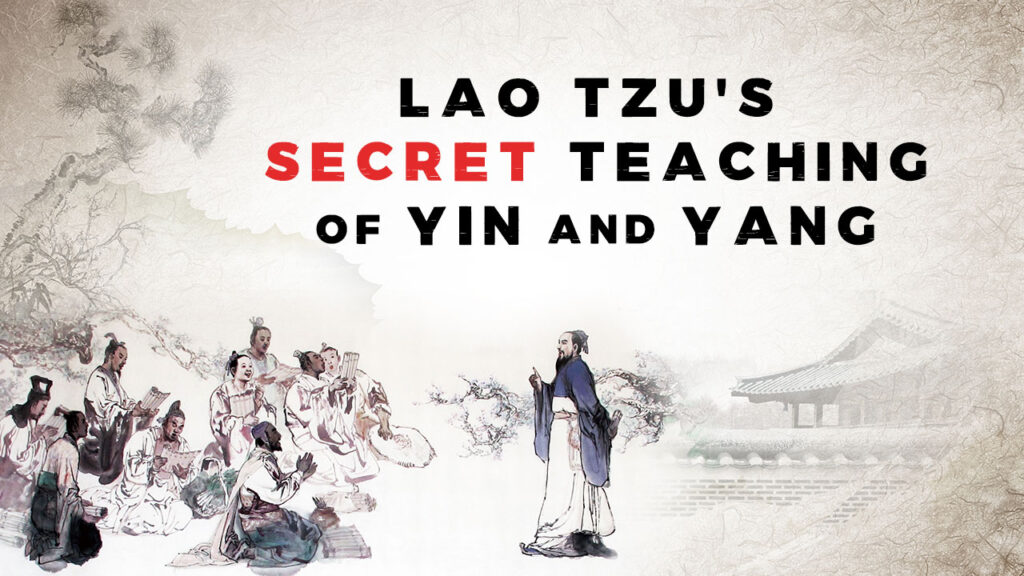
The fundamental building blocks of the universe are Yin and Yang according to Taoism. Both of these forces integrate within a human being making us a reflection of the whole. But how does this happen and what is the model to explain this process from the One to the ten thousand things? In this episode of The Sacred Word, I will explore the later teachings of Lao-tzu in the Hua Hu Ching, which builds a model of how the world manifests from the source of Tao to the integration of Yin and Yang, symbolized through the image of Tai Chi. NOTE: This site directs people to Amazon and is an Amazon Associate member. As an Amazon Associate I earn from qualifying purchases, at no additional cost to you. The pages on this website may contain affiliate links, which means I may receive a commission if you click a link and purchase something that I have recommended. This goes a tiny way towards defraying the costs of maintaining this site.
Why Measuring Infinity Leads to False Truth

In this podcast, we will explore the problems we encounter when we investigate infinity with our finite minds. Scientists, philosophers, and spiritual teachings all attempt to measure infinity in their own way. We’ve established many wide-ranging conceptual frameworks to explain the nature of reality, but the problem is, all are just different viewpoints and perspectives of the one ultimate reality. We use words like consciousness to explain the nature of reality, but are we just reporting first person experiences and superimposing them onto the entire universe? Is this just a human centric perspective? Even though, we cannot get outside consciousness itself, does that mean that it is the fabric of reality? What would happen to the world if all of our conceptual frameworks died with us? Would the world go on, essentially making all of our philosophizing essentially useless and false, or is consciousness and the universe as mutual as Yin and Yang as explained in the great Eastern maxim “The universe produces consciousness and consciousness evokes the universe?” NOTE: This site directs people to Amazon and is an Amazon Associate member. As an Amazon Associate I earn from qualifying purchases, at no additional cost to you. The pages on this website may contain affiliate links, which means I may receive a commission if you click a link and purchase something that I have recommended. This goes a tiny way towards defraying the costs of maintaining this site.
The Reason Why a Sage Leaves Society
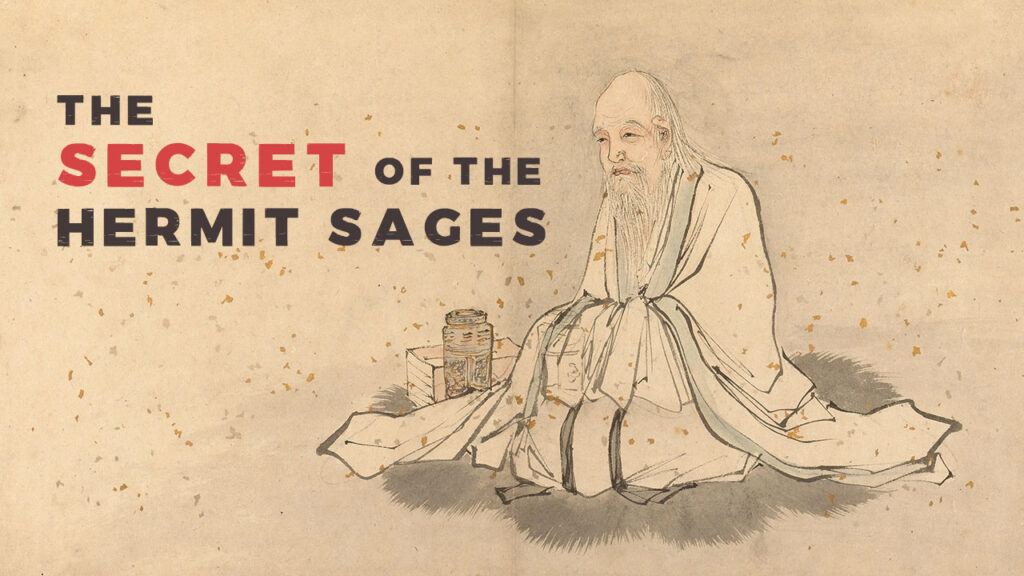
In this podcast, we will explore the reasons why a sage leaves society and the benefits of becoming a hermit. Being a recluse is an intrinsic way of life in the great Eastern spiritual traditions. We’ve had countless yogis, sadhus, and sages, which is best illustrated with how Lao-tzu left the world to return to nature. Typically, in the modern world, people condemn such action because of the belief that we should all contribute and be part of a society that, as Jiddu Krishnamurti said, is profoundly sick. Why do we defend such a society? Why do we believe our contribution is necessary if the society itself is something we have no faith in? What will we learn about ourselves if we are radical enough to become a recluse and follow the path of the hermit sages? Find out! NOTE: This site directs people to Amazon and is an Amazon Associate member. As an Amazon Associate I earn from qualifying purchases, at no additional cost to you. The pages on this website may contain affiliate links, which means I may receive a commission if you click a link and purchase something that I have recommended. This goes a tiny way towards defraying the costs of maintaining this site.
